Port Renfrew fishers are reeling after a surprise announcement from Fisheries and Oceans Canada this week.
Just days before the opening of salmon season, the DFO announced dramatic cuts in chinook catches, from two fish down to just one a day. They also announced size restrictions: fish must be between 45 to 80 centimetres, equating to a maximum of 15 pounds.
“Most of the people who come here to fish really want chinook. That’s what we’re known for in Renfrew … now you wonder if they’ll come or even come back.”
Matt Wiley, charter boat owner
Local sports fishing companies are shocked at the news.
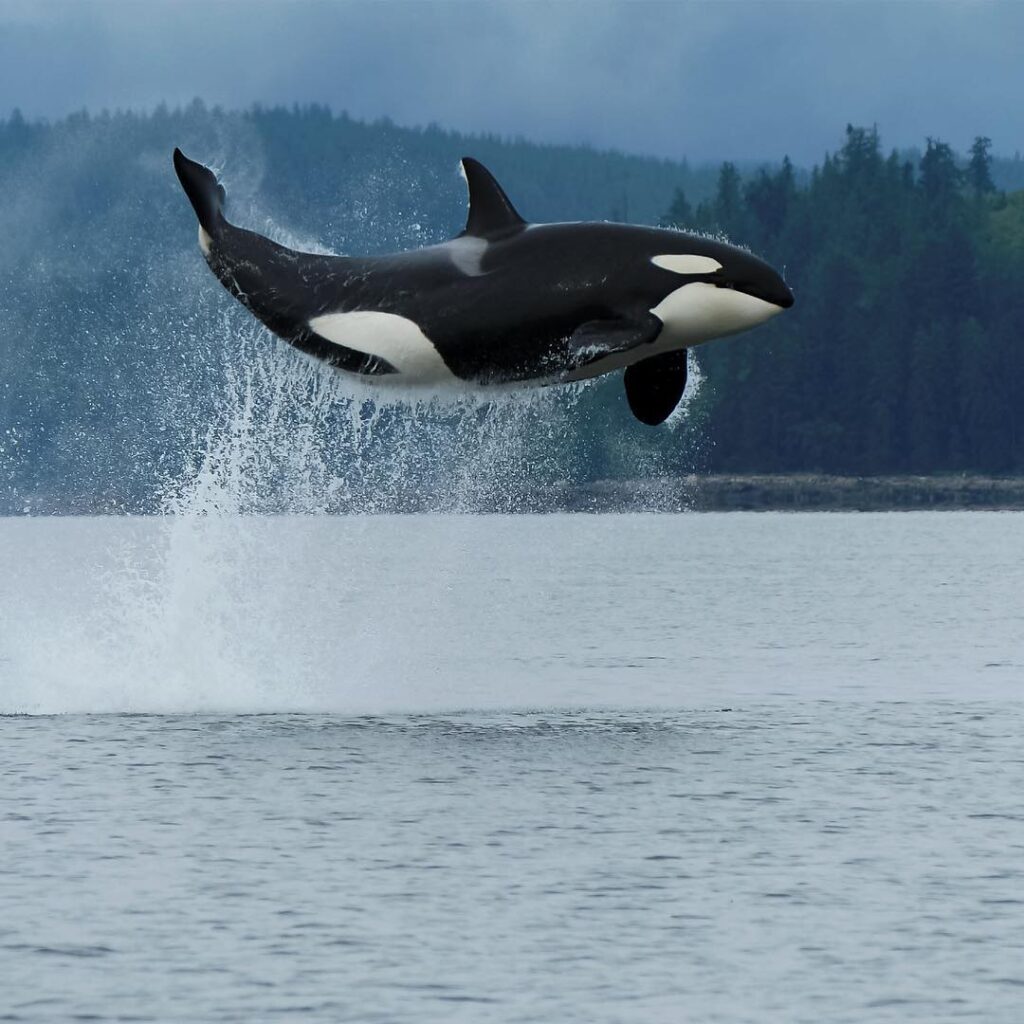
“Most of the people who come here to fish really want chinook,” Matt Wiley, a charter boat owner who relies on fishing tourism, told the Time Colonist. “That’s what we’re known for in Renfrew … now you wonder if they’ll come or even come back.”
The DFO says the measures are necessary to protect the stocks of chinook migrating from the Fraser River. The new rules are put in place “to manage Canadian fisheries in a highly precautionary manner to allow as many fish to pass through to the spawning grounds as possible,” the federal department said in a statement.
The restrictions on chinook also preserve food for endangered southern resident killer whales, whose diet is 90% composed of chinook salmon.
“I’m all out for stringent conservation, we humans think nature is ours.”
Paul Ellard
The limit will affect the Juan de Fuca Strait region surrounding Port Renfrew (Areas 20-1 and 20-2 to fishers) and also parts of Haida Gwaii and northern Vancouver Island. The DFO also stated it will send out three boats to Port Renfrew to enforce the new rules, which locals from the Chamber of Commerce say is unprecedented.
Business owners like Wiley, who rely on tourists coming from all over to fish chinook, are concerned about their sunken costs. He spends around $60,000 on his moorage and supplies, and worries he won’t be able to make it back if there are too many cancellations.
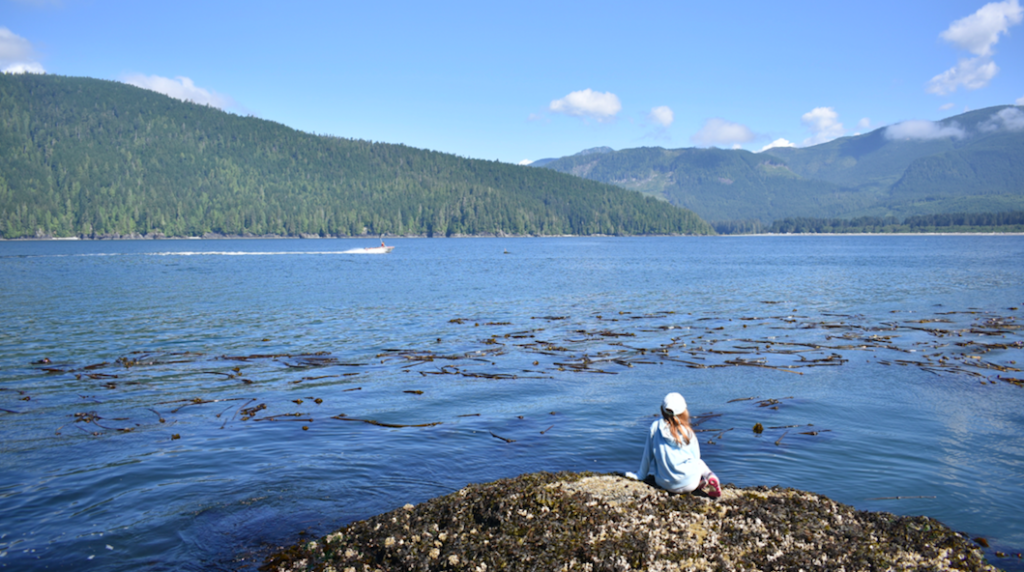
Sports fishing contributes $16.5 million to Port Renfrew economically, a growing outdoor destination for not only fishing but also extensive hiking.
Renfrew fishers were quick to sound off online.
“Pouring more salt on the wound is the DFO absolutely blind-siding some small coastal Vancouver Island communities with politically motivated decisions this week,” the Public Fishery Alliance posted on its Facebook. “Port Renfrew is a prime example of having the rug swept from below their feet without consultation.”
Others like Paul Ellard seemed to support the new limits. “I’m all out for stringent conservation,” he commented on social media. “We humans think nature is ours.”
The DFO says the normal two chinook salmon limits will be reintroduced on August 31st.





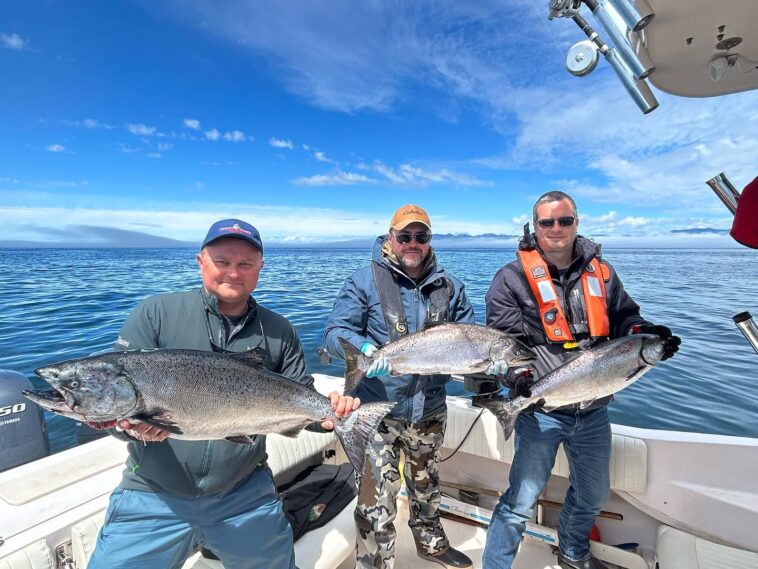
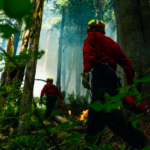
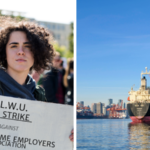
One Comment